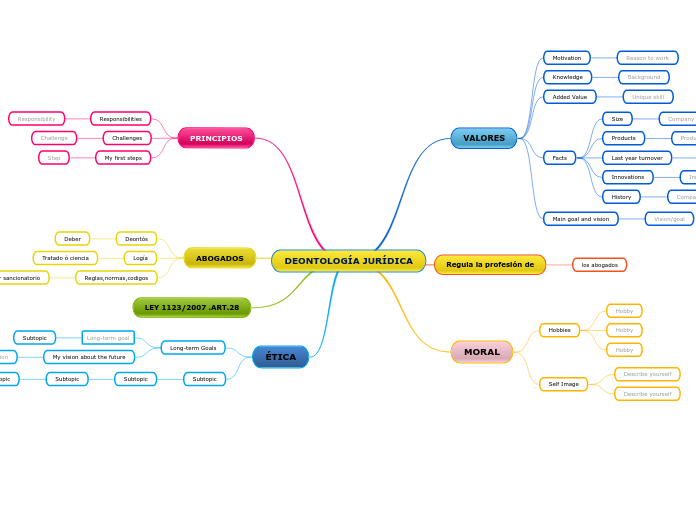jonka Rajan Sharma 4 vuotta sitten
3919
APPLE / FOXCONN (Stakeholder Assignment)
Samsung is indirectly affected by Apple's actions, particularly through its association with Foxconn. As a major competitor, Samsung monitors Apple's market activities and adjusts its strategies accordingly.









